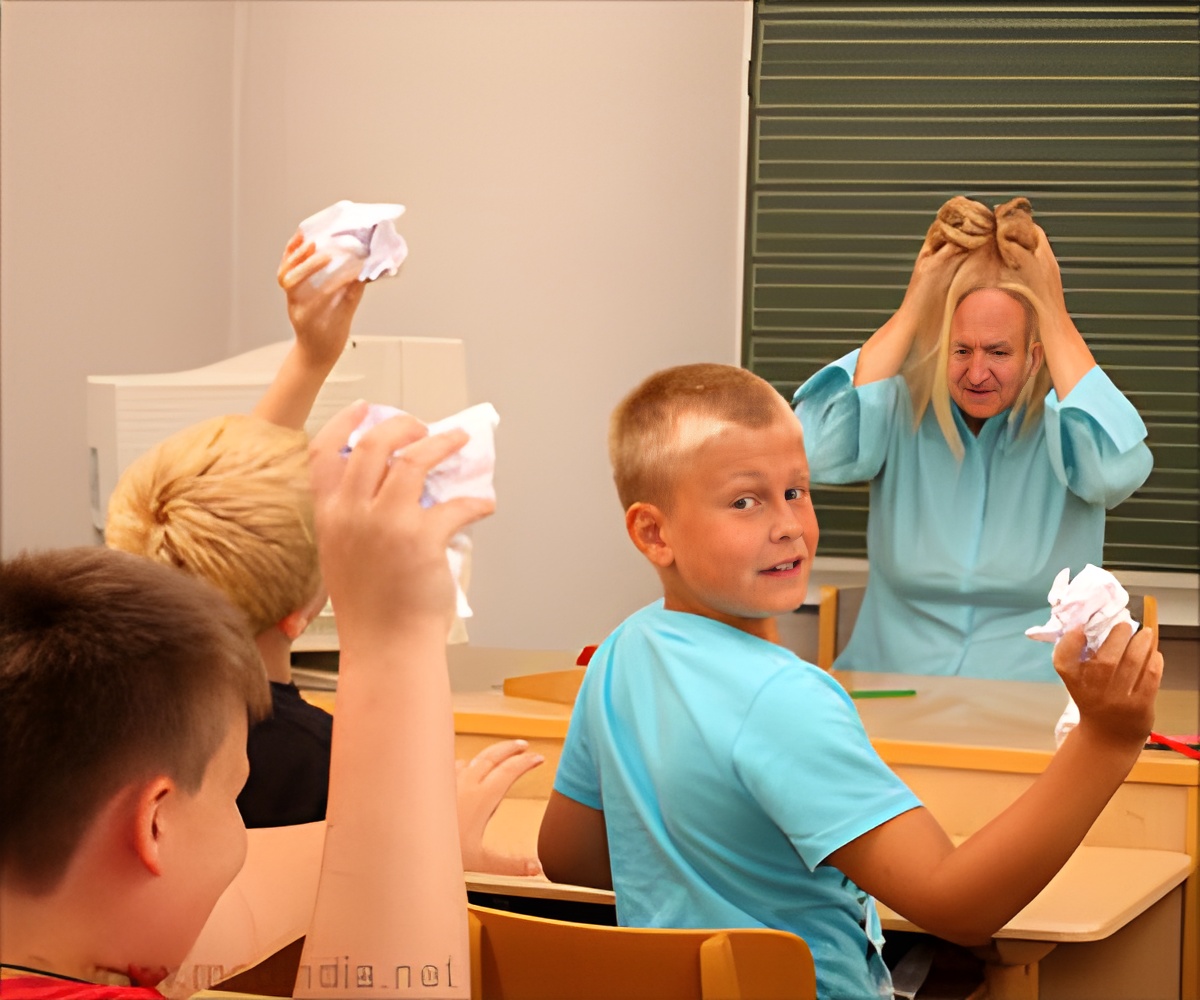Use of evidence based practices in treatment of children and adolescents with psychiatric disorders can be predicted better from organization's culture and climate than therapist's characteristics.

“Therapists employ many different treatment methods when working with young people, even though research indicates that evidence-based practices such as cognitive behavioral therapy (CBT) and family therapy are more effective than others, such as psychodynamic techniques,” explains lead author, Rinad Beidas, PhD, assistant professor of Psychology in the department of Psychiatry at the Perelman School of Medicine at the University of Pennsylvania.
Beidas and colleagues surveyed 188 therapists, supervisors, and administrators at 23 community mental health organizations in Philadelphia about their knowledge, attitudes, use of therapy strategies, organizational culture and climate, and leadership.
This study was performed in close partnership with the city of Philadelphia’s Department of Behavioral Health and Intellectual disAbility Services (DBHIDS) and its system-wide efforts to implement evidence-based practices. Philadelphia, under Commissioner Arthur C. Evans, Jr., PhD, clinical associate in the department of Psychiatry, is a national leader in deploying evidence-based practices for youth and adults with psychiatric disorders in publicly-funded mental health agencies.
Study results showed that organizational culture and climate and implementation climate and leadership, as reported by therapists and agency leadership, more fully explained therapist’s use of CBT (23 percent) and family therapy techniques (19 percent) when compared to individual therapist factors. Conversely, individual factors, including knowledge and attitude more fully explained therapists’ use of psychodynamic therapy (20 percent) compared to organizational factors.
CBT emphasizes problem-solving and teaching youth specific skills to correct distorted thinking and change behavior. Family therapy convenes families to promote changes in both individual behavior and relationships. Both forms of therapy have been shown to be effective in hundreds of studies. In contrast, there is little evidence to support the use of psychodynamic psychotherapy, a form of psychoanalysis focused on revealing the unconscious content of the psyche, in youth.
Advertisement
Further, Beidas suggests that “improving the way our youth are treated requires knowing what levers to pull. Do we engage in organizational change or do we work directly with the clinicians? Our results suggest that we should target organizational culture and climate changes that will improve the effectiveness of services, while also working directly with clinicians to reduce use of ineffective treatment techniques.”
Advertisement
The study was supported by a grant from the National Institute of Mental Health.
Source-Newswise














